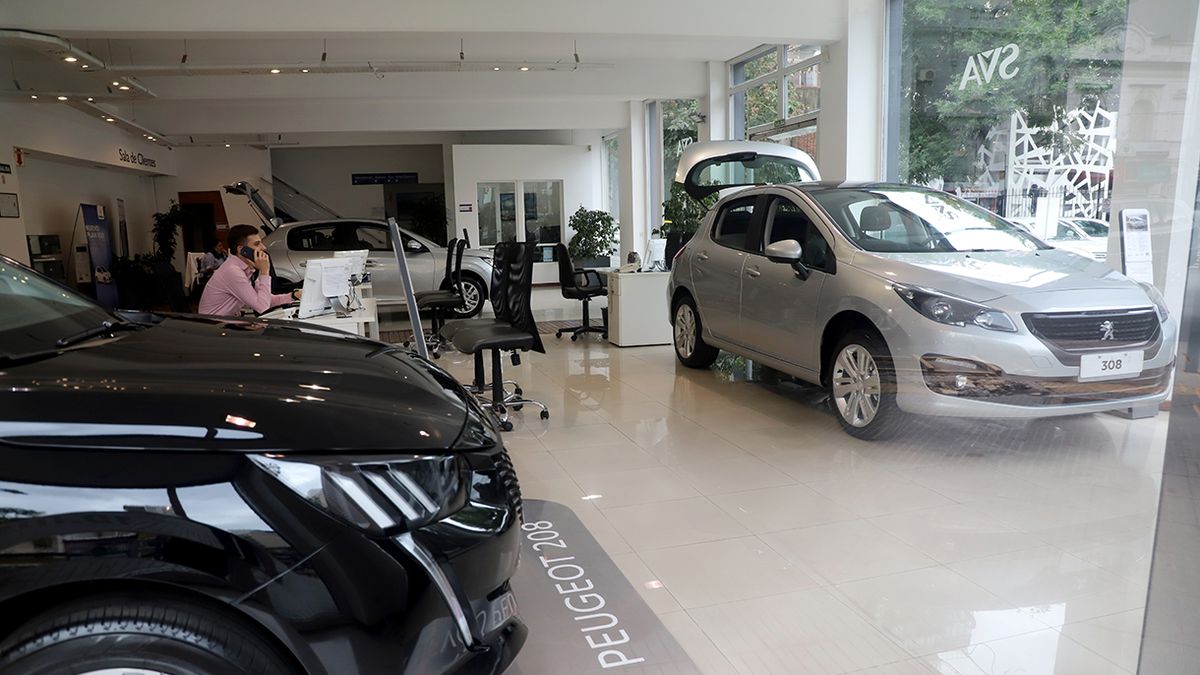The automotive industry suffered a 2024 of high volatility. Local managers of the main companies affirm that the first part of the year was marked by a drop in sales of up to 30% as a result of the devaluation.
However, the slowdown in inflation and the macroeconomic order caused a rebound that would generate more than 400,000 units sold in the last twelve months.
In that context, Dealers are preparing for 2025 with greater activity and increased sales but, also, with greater competition.
The association that brings together the terminals (ADEFA) estimated that “the sector will close the year 2024 with better volumes than projected. In the case of production in the order of 505,000 production units, 300,000 export units and 412,500 patented ones”
“In a first scenario, all the indicators of the main variables show growth in relation to 2024 and clearly this behavior can be seen enhanced by measures that are being worked on,” indicated the head of the entity, Martin Zuppi.
The base scenario shows that 545,000 production units can be reached (+7/9%); 324,000 exports (+8%); and a domestic market of approximately 500,000 units with a growth of more than 12% compared to 2024.
“2024 was a year of transition for the automotive industry. As entrepreneurs we are not used to real competition because the inflationary context allowed us to absorb certain inefficiencies. “Competition was seen only for price and not for being more efficient for the customer,” explains Victor Moure, founder of Redoo, a digital consulting firm for technological solutions focused on the automotive industry.
The consultant noted that “dealers have to start rethinking themselves because now everyone has a product to compete in an orderly context. It is time to work to reach the client with added value that starts with technology and ends in the development of personalized attention.”
A survey carried out by the consulting firm showed that, for almost 75% of Argentine clients, price is the most important variable to define the purchase of a car and 16% search by type of vehicle. Only 9% prioritize by brand.
The question that triggers this analysis is whether dealer networks are prepared for this approaching paradigm shift. While it is true that they have added everything from generative AI for chatbots to automation systems, Moure reveals that there is still no real digitalization in the sector.
“They are using the tools but there is no transformation in the logic of the process. They are not rethinking themselves and that can harm your ability to compete in this new scenario“said the specialist.
lDealerships will see an increase in potential customers in the coming months, taking into account market growth projections for 2025, but they will have to adapt to a more sophisticated user with more information.
“Today consumption changed from B2C or B2B to B2ME. Clients no longer want to be spoken to as standard consumers and look for personalized proposals based on their interests, that is what the B2ME business model is all about,” the consultant warned.
“We are still in a maturation process because even the most sophisticated salons are one instance behind these new trends,” he said.
Source: Ambito
I’m a recent graduate of the University of Missouri with a degree in journalism. I started working as a news reporter for 24 Hours World about two years ago, and I’ve been writing articles ever since. My main focus is automotive news, but I’ve also written about politics, lifestyle, and entertainment.




